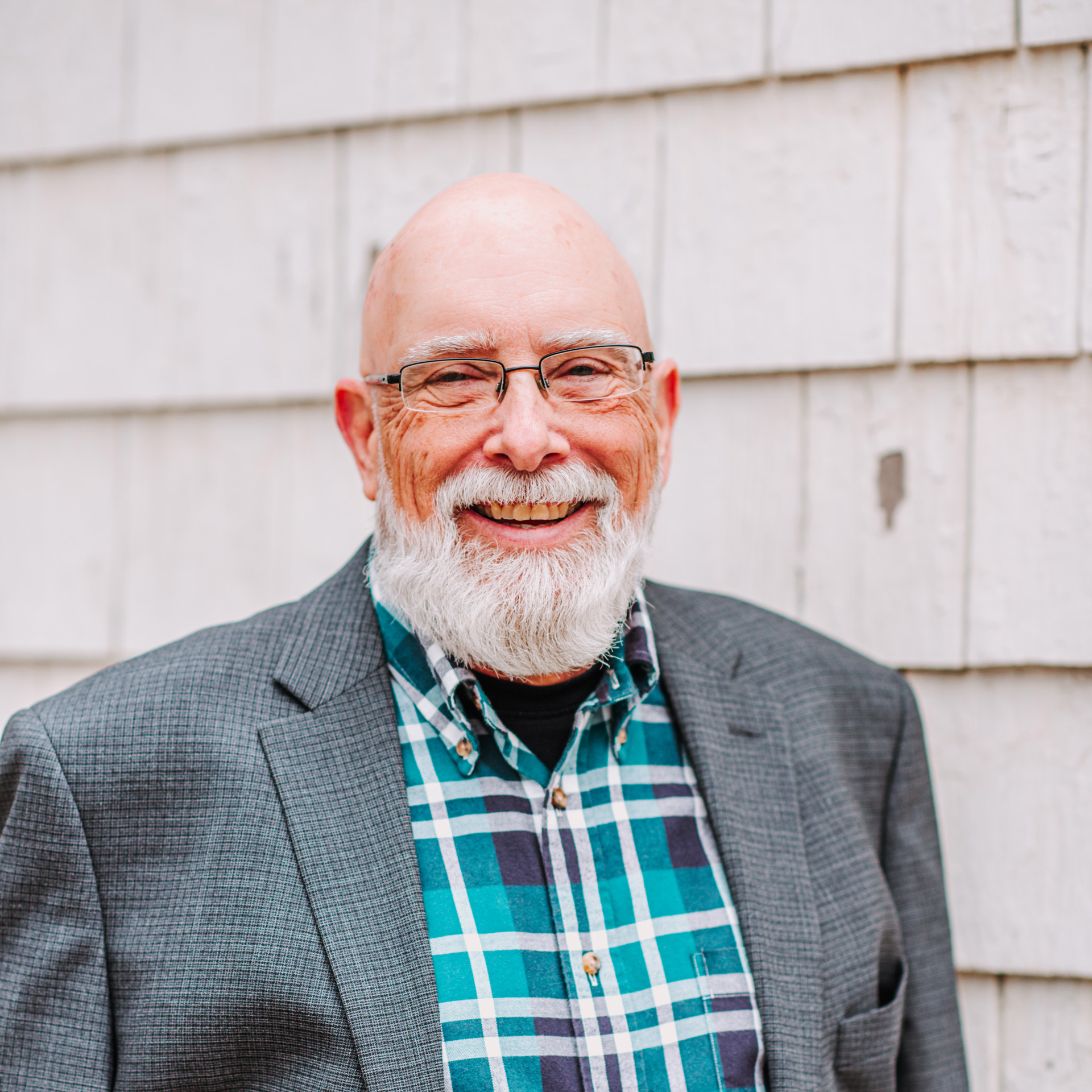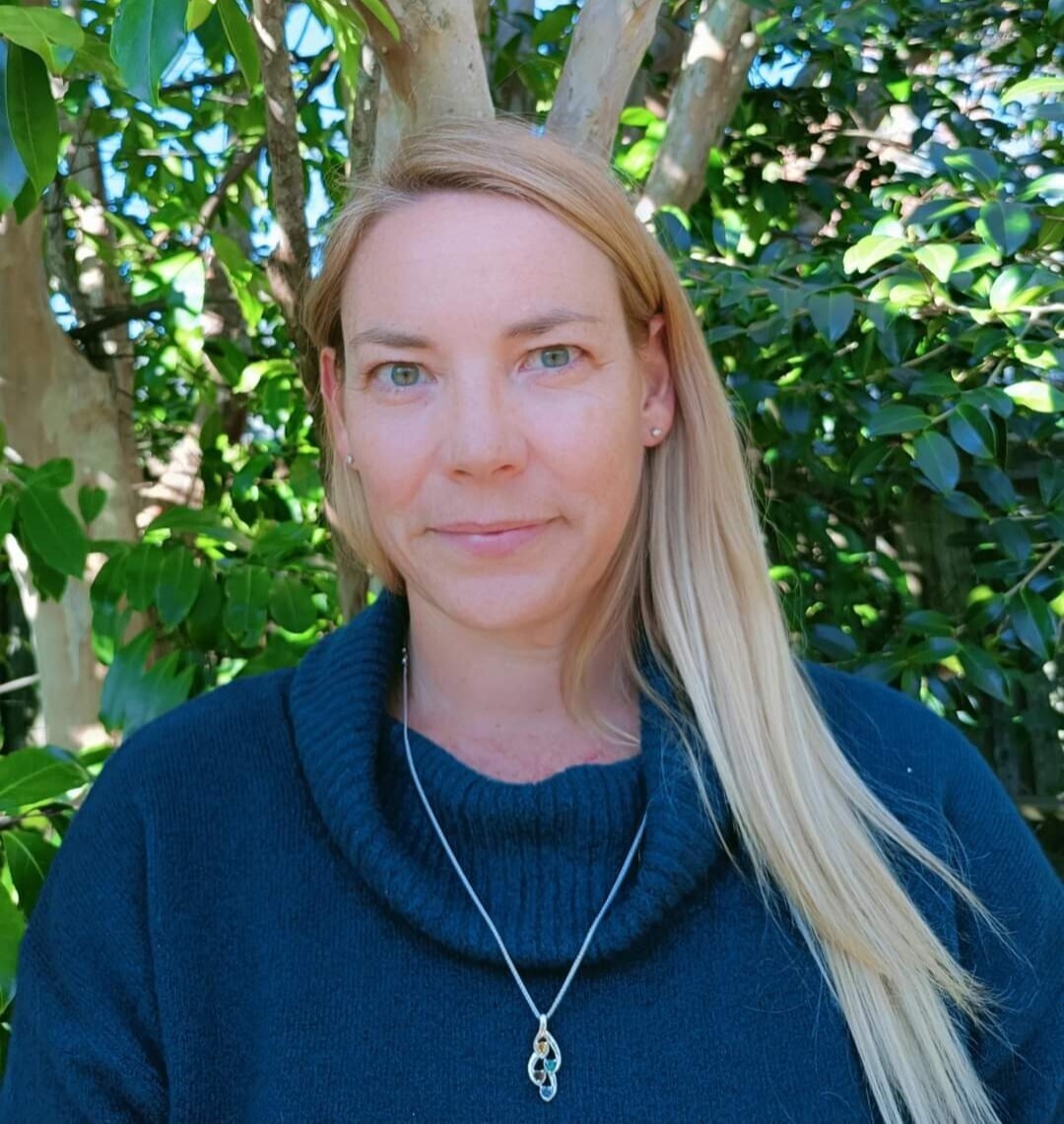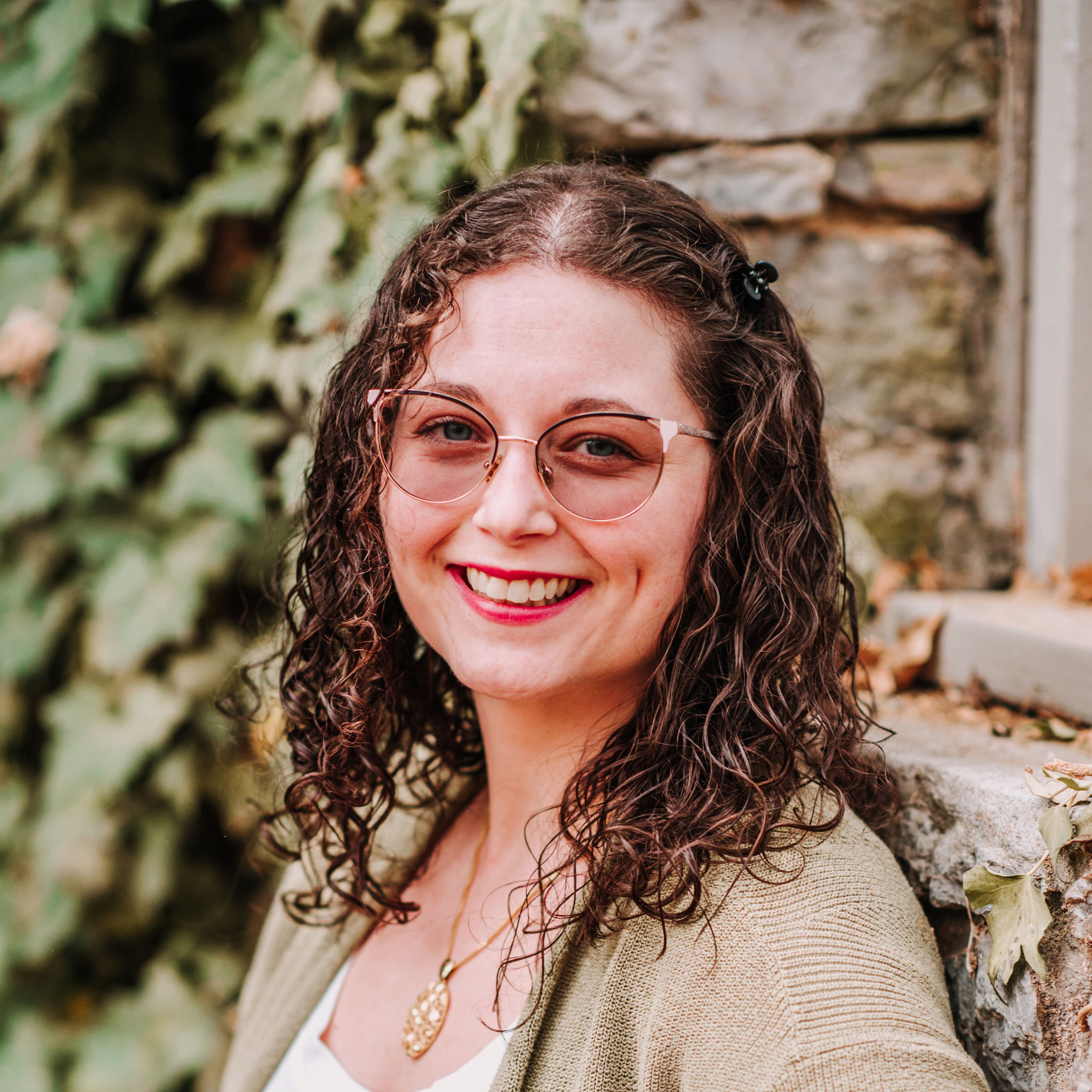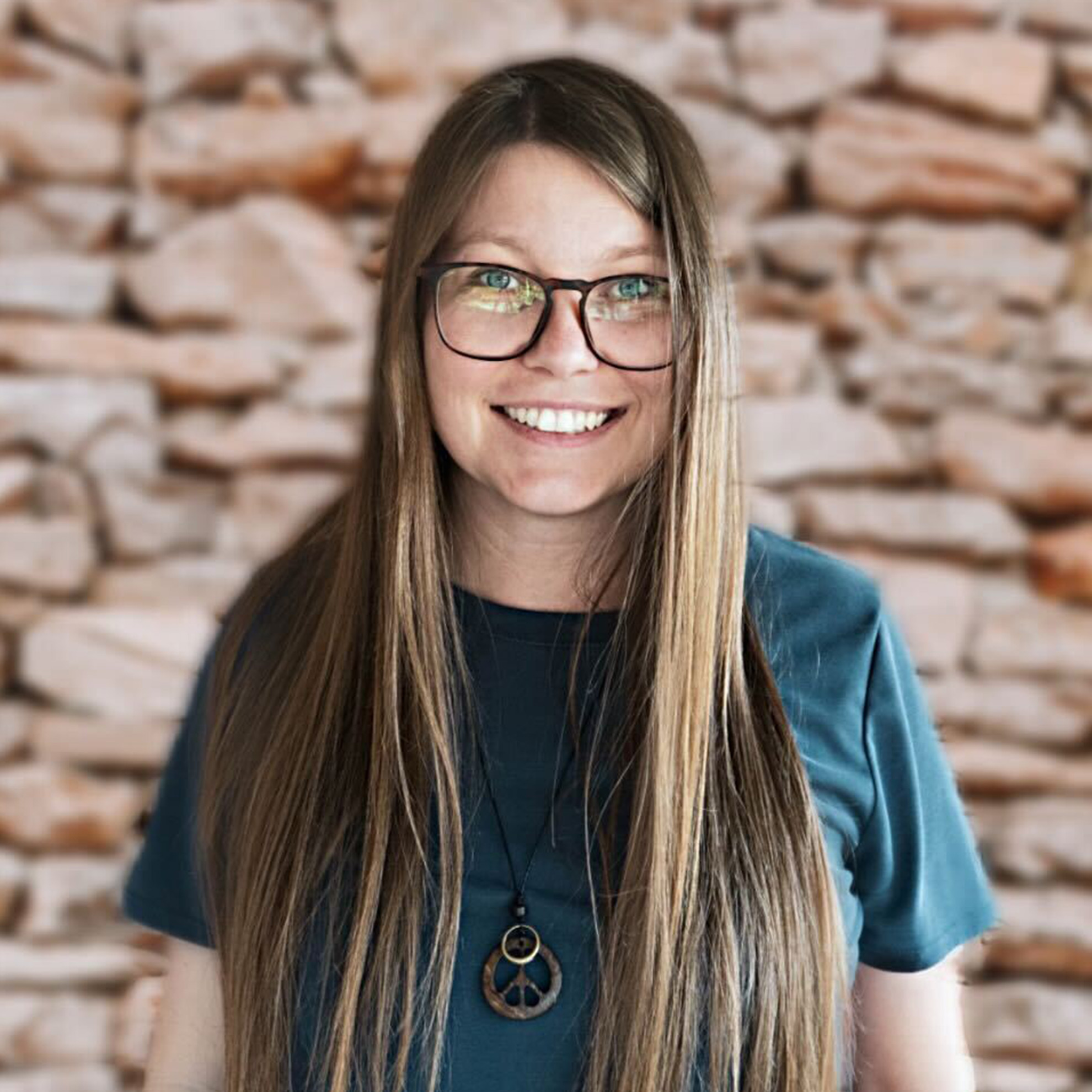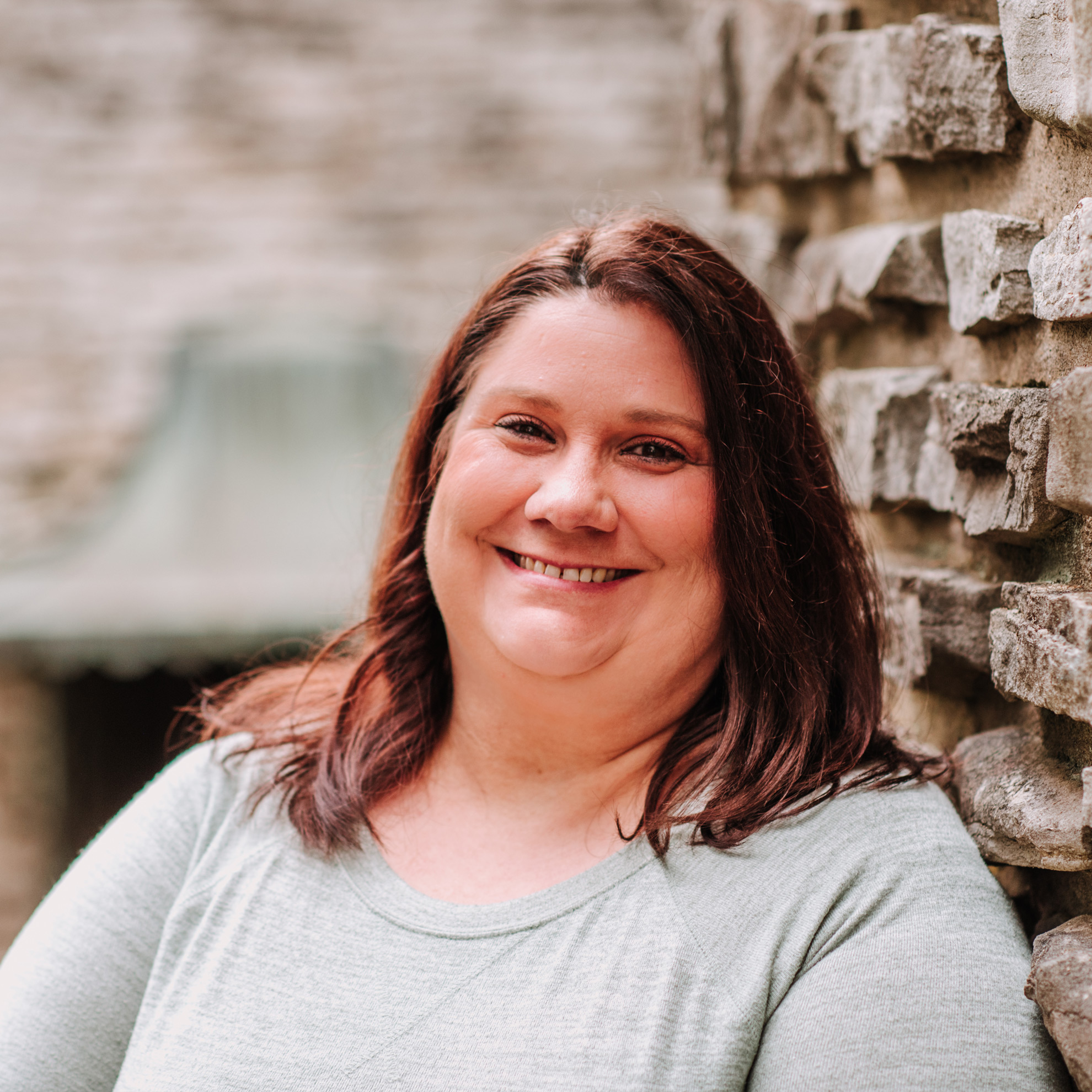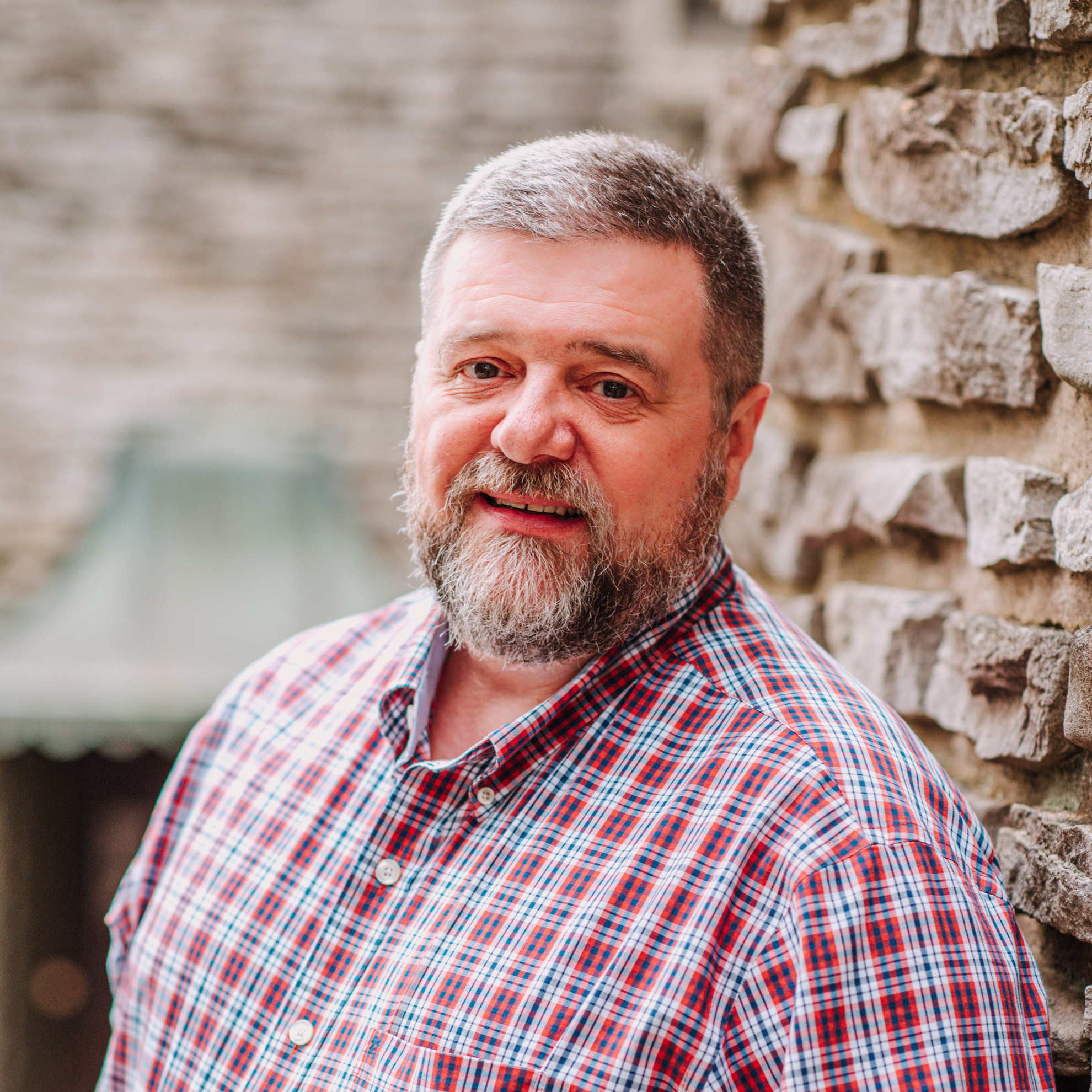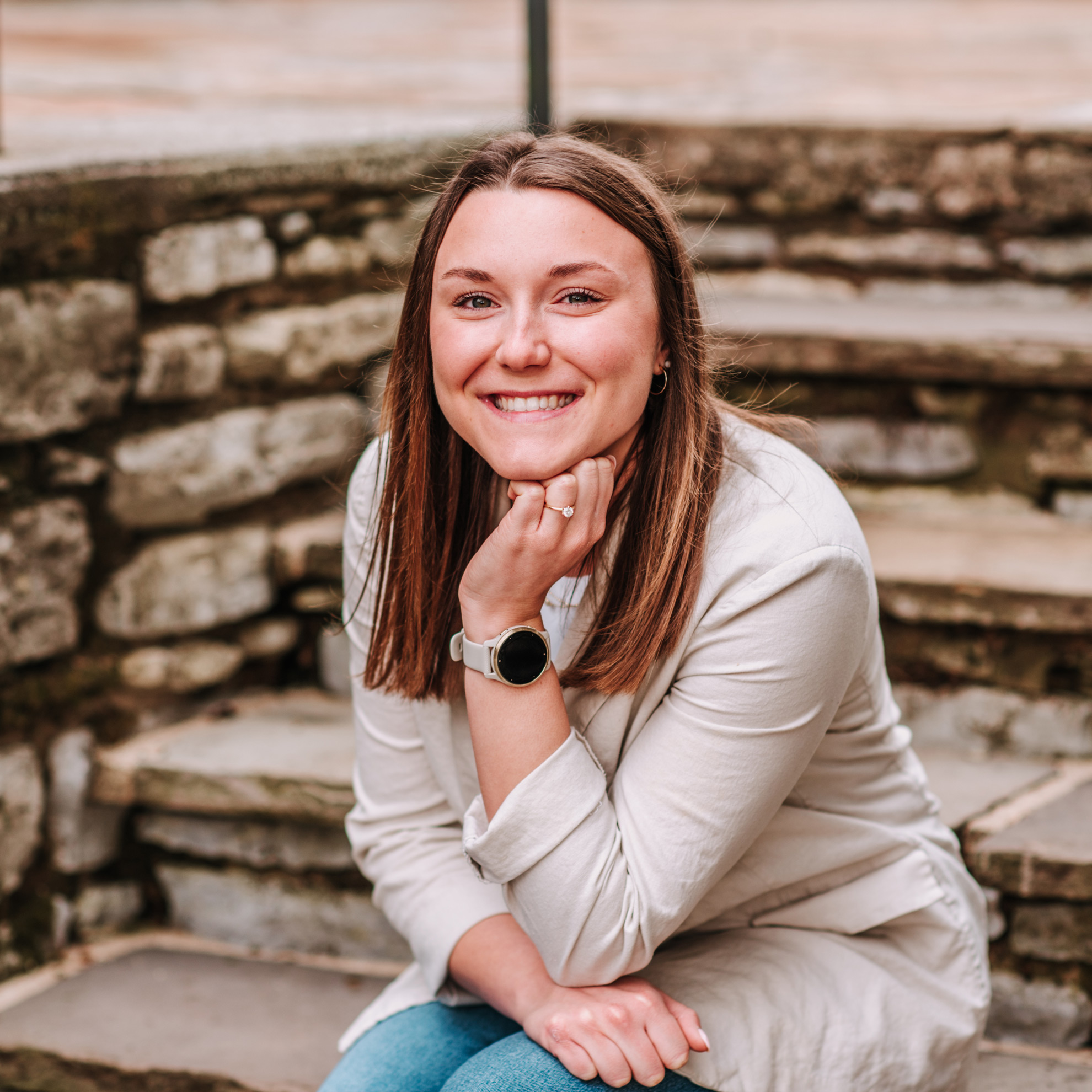About Us
OUR PROGRAMS
Reassurance Program
Our Reassurance Program provides regular phone calls to elderly or homebound individuals who have little or no caregiver support. Regular, prearranged reassurance calls offer a friendly voice, medication reminders, safety checks, and access to crisis counseling and other community resources if needed. Our trained, compassionate volunteers help at-risk seniors maintain their independence. Health care professionals can refer patients here.
Spanish Line
When calling 988, press 2 to connect with a trained Spanish-speaking crisis counselor. When texting 988 in Spanish, you will be asked to text “Ayuda” to connect with a Spanish-speaking counselor. For those who speak languages other than English and Spanish, we will connect you through Language Line Solutions.
English Line
As part of the 988 Suicide & Crisis Lifeline, CONTACT Care Line answers calls, texts, and chats for residents of the greater Knoxville, TN, area and beyond. If you or someone you know is in immediate danger, please call 911 or go to your nearest hospital emergency room. Those in suicidal crisis or emotional distress can access free, compassionate support by calling or texting 988. Help is also available via our chat line.
Loss Team
LOSS – Local Outreach to Suicide Survivors – involves trained suicide loss survivors going to the scene of a suicide to provide immediate, voluntary support to those left behind. A LOSS team at the scene of a suicide provides loss survivors with practical support and a connection to resources. By simply saying, “I lost a loved one to suicide,” these volunteers provide hope to the newly bereaved.
Community Training and Education
CONTACT has nationally certified trainers in Applied Suicide Intervention Skills Training (ASIST); Question, Persuade, and Refer (QPR) training. These trainings are designed to increase community awareness of suicide prevention. For questions about our training programs or to get in touch with us to schedule a training for your business, school, church, synagogue, or other group, click here to learn more.
Survivors of Suicide Loss Support Group
Family and friends of people who die by suicide (called “survivors”) are usually left with conflicting emotions, such as anger, guilt, relief, shame, and grief. Most survivors also struggle to know “why” their loved one took their own life – a question that has no real answer. Our Survivors of Suicide Loss Support Group is available to help survivors cope with these difficult feelings and questions.
Our Team
Our Mission
We provide free and compassionate emotional support to people in suicidal crisis or emotional distress through confidential telephone, internet chat, and text services.


Our Vision
Building a world where everyone has someone who really listens.
CONTACT Care Line 988 Service Area
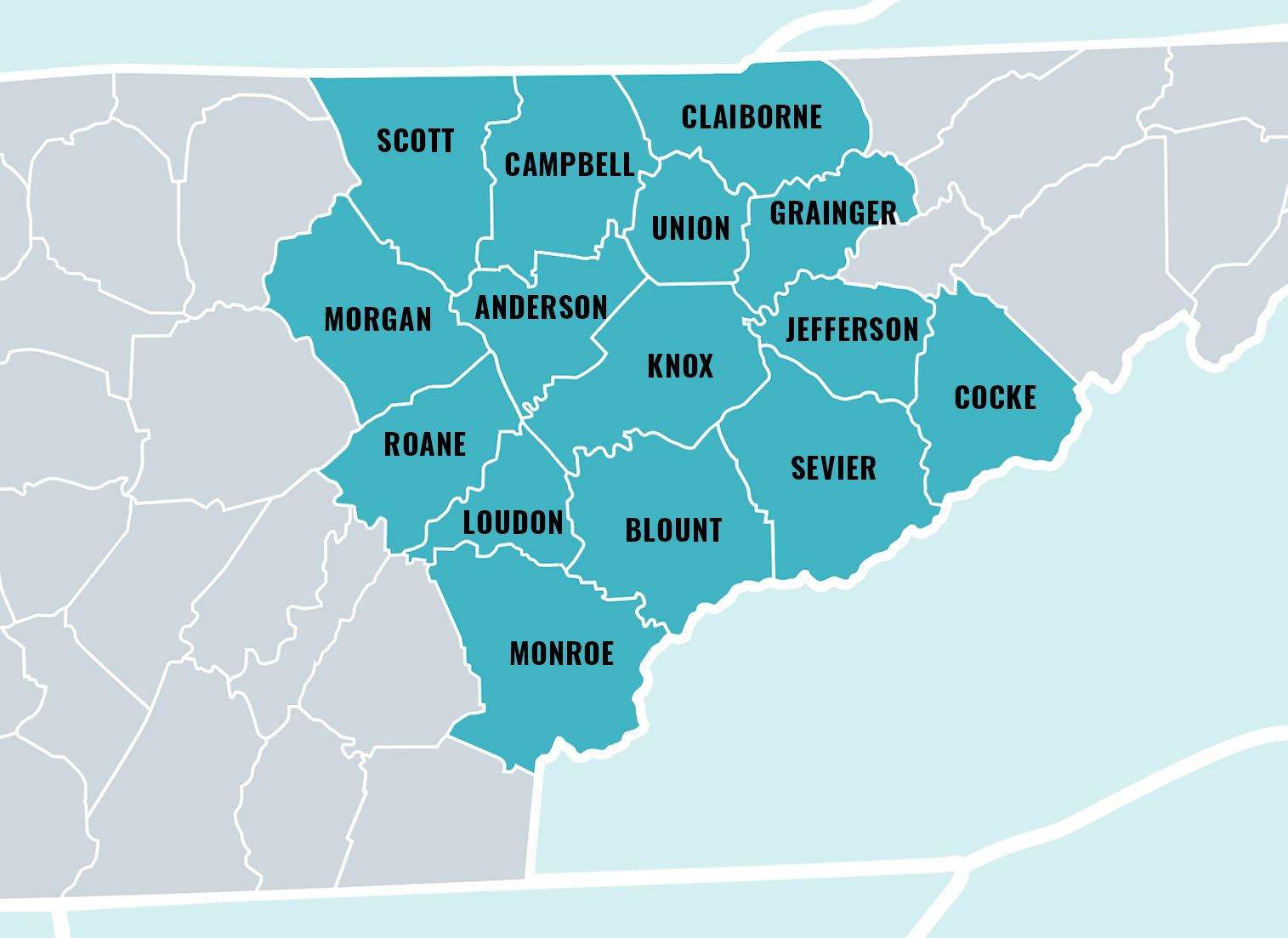
Primary center for 988 Suicide & Crisis Lifeline phone calls for 15 of the 95 counties in Tennessee.
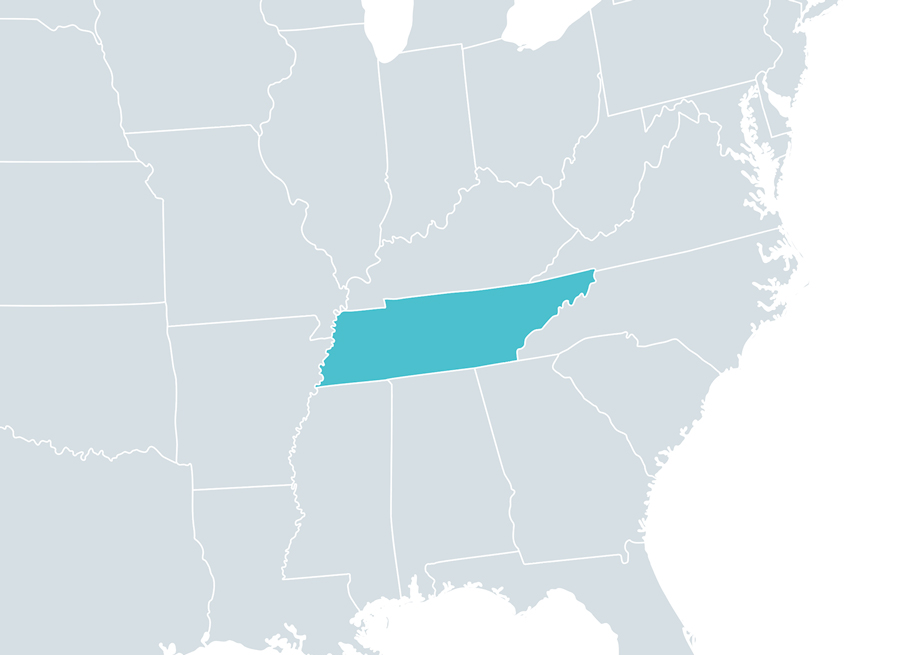
Primary 988 Suicide & Crisis Lifeline chat & text center for the state of Tennessee.
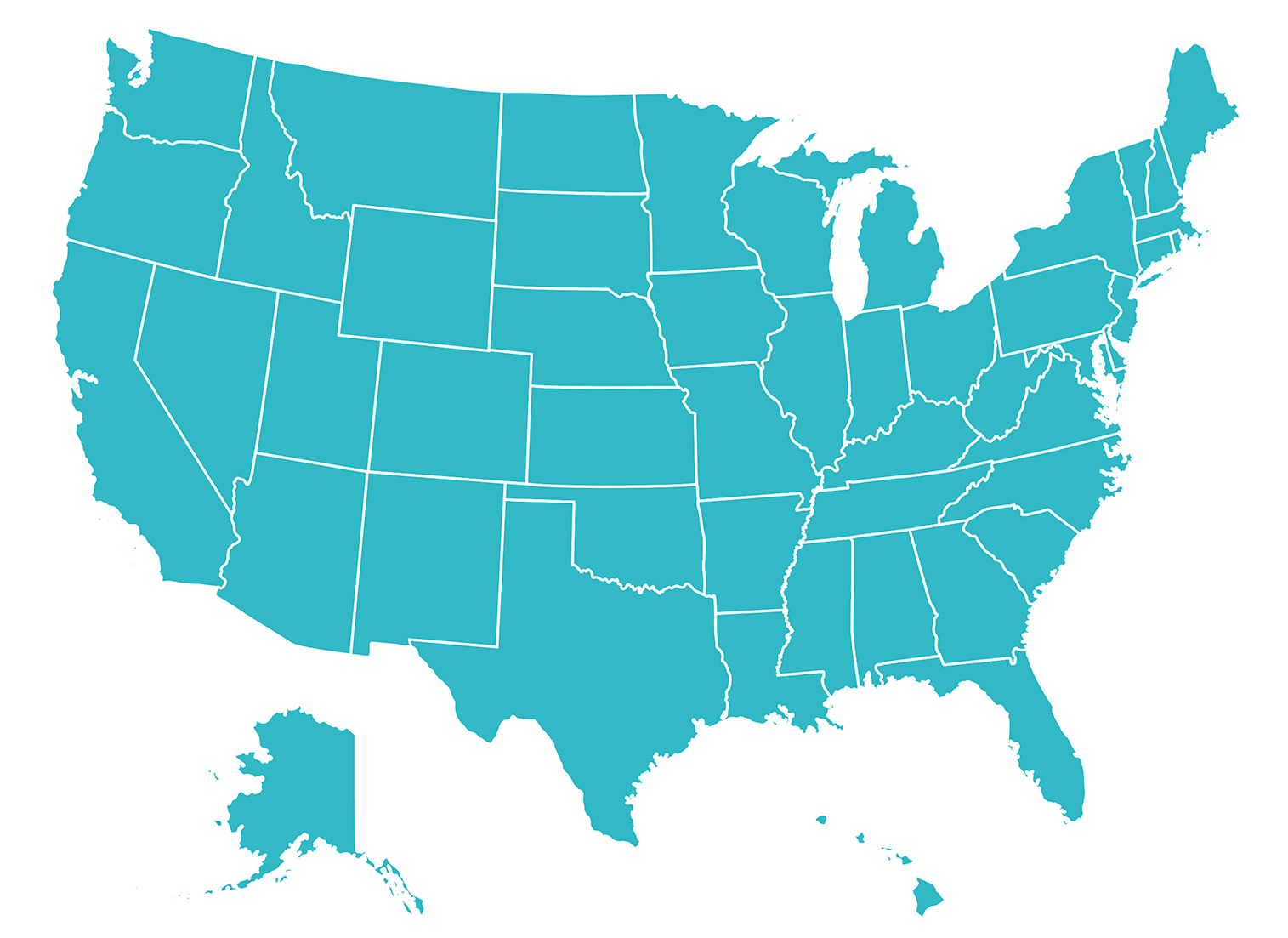
National 988 Suicide & Crisis Lifeline chat & text back-up center and Spanish Phone center.
Our Values
We Value
People
We treat all people with respect and courtesy and create an environment of acceptance that supports the attainment of each individual’s personal and professional aspirations. We actively promote respect for the confidentiality and dignity of individuals.
We Value
Excellence
We value the dedication of all members of our organization to establish and adhere to best practices in the fields of crisis intervention and suicide prevention.
We Value
Diversity
We recognize that diversity creates a breadth of perspectives and strengthens our organization.
We Value
Communication
We actively promote open communication in a safe and non-judgmental environment.
We Value
Integrity
We adhere to the highest ethical standards.
We Value
Hope
We believe in helping those who may be considering suicide through prevention, intervention, and postvention efforts.
Stories of CONTACT
Uplifting
“I want to say ‘thank you’ to the person I spoke to last night. I was at my wit’s end and she helped me realize that tonight is rough, but tomorrow is a different day…”
“I really felt like I was being heard for one of the first times in my life.”
“I can never thank you enough for helping me so much in my time of need when I had nobody I could turn to.”
Reasons for Reaching Out
“I’ve been feeling down for a long time and I didn’t think I could go on much longer. CONTACT gave me a different outlook for my future.”
“I am alone and having a panic attack and don’t know what to do. Can you be with me for a few minutes?”
“I was laid off six months ago and my wife is disabled. We have three kids and now we’re out of money for utilities and rent.”
“My husband came home drunk last night and was yelling at me. He’s still asleep but I’m afraid of what will happen when he wakes up.”
“I accidentally caused a kitchen fire and now my kids are after me to sell the house and go to assisted living.”
“My husband died three years ago and I just can’t get over it. My family thinks it’s time for me to move on, but I can’t.”
“I’m sick all the time and I can tell that my family and friends aren’t interested in hearing about it anymore.”
“My kids are 2 and 4 and my wife is out partying with her friends all the time; I work and do all the childcare and I’m exhausted.”
“My wife died and I’ve been really down for a while. I don’t think I want to live without her.”
“The doctor keeps adjusting my medications for bipolar disorder and I just feel like I’m about to lose it all the time.”
Our History
Contact Us:
Reach out to us with any questions or comments here.

